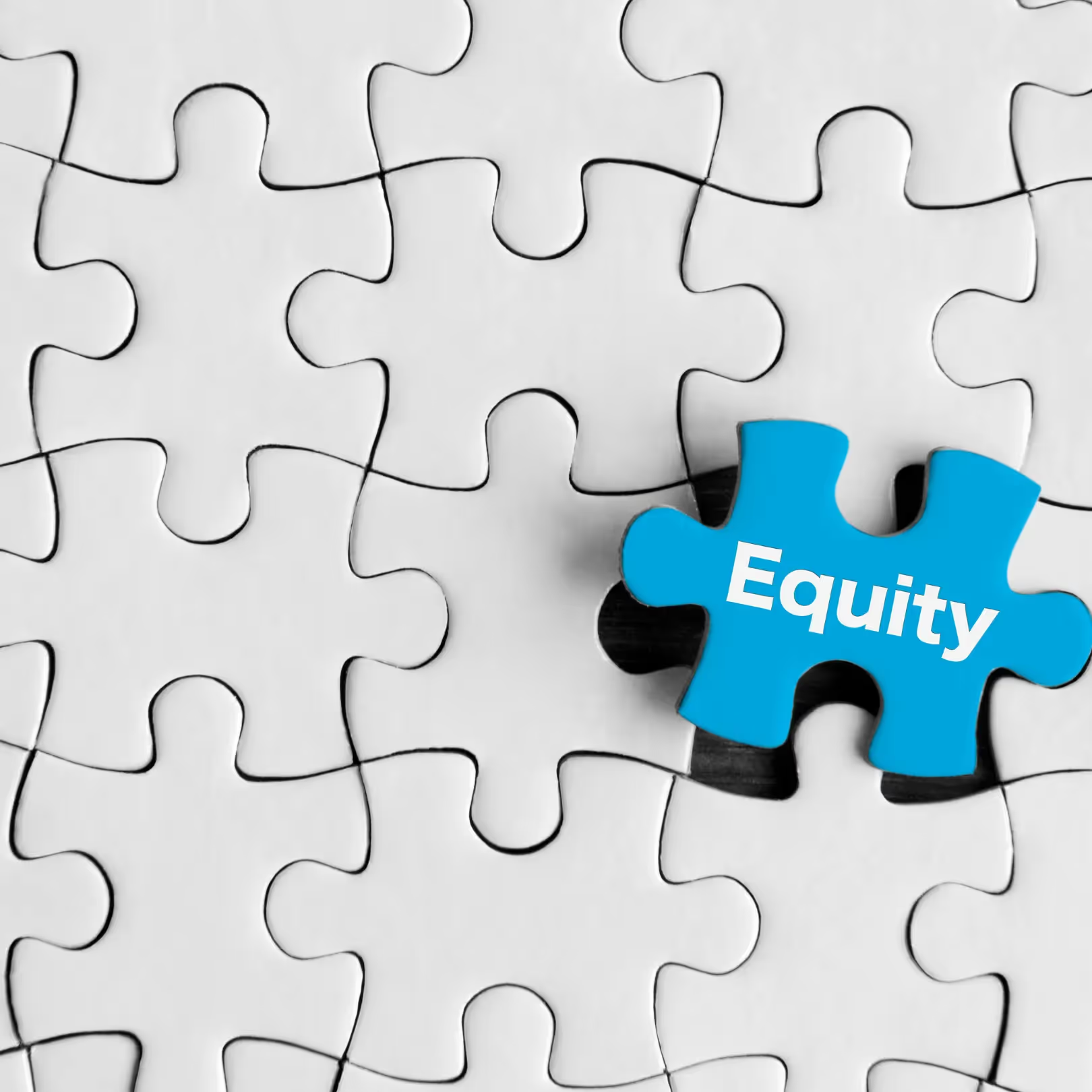Say, “Goodbye,” to Imposter Syndrome
July 10, 2023

I have delivered hundreds of presentations and keynotes. Last Friday was the first time I didn’t experience imposter syndrome.
As I prepared for my first in-person keynote since November 2019, I wondered if I’d feel rusty or nervous in front of the 500 leaders in the Charlotte-Mecklenburg Public Schools.
I didn’t. I felt energized. And it went well. Really, really well. I didn’t need the applause or appreciative feedback after the speech because I knew in my body and spirit that what I shared hit home and was relevant, useful, and resonant.
As I stood on that stage and talked about how we can create equitable schools where everyone thrives, I saw the engagement on people’s faces, I sensed their energy. As someone committed to designing and facilitating transformational learning experiences, this mattered greatly to me. But as someone committed to facilitating transformation, something else that happened that day mattered more: I didn’t feel imposter syndrome.
I had transformed.
I noticed that my fear was absent (perhaps napping, I imagined). I felt like I belonged. I felt like I was home—in myself. I recognized that all the years of “working” on myself, on my stuff, were paying off. I felt like a different person than who I was five years ago—there was less efforting, way less fear, so much more presence and joy and connection.
In the keynote, I talked about humility being a core disposition of a Transformational Coach, and I explained, “You can be humble, and you can recognize your strengths. This is not a contradiction.” I know that there’s a lot of stigma and discomfort around bragging or tooting your own horn, but we must work through those feelings.
Knowing, appreciating, and activating our strengths is a key element for thriving in our roles.
After the keynote, I facilitated a session on Transformational Coaching strategies. I invited the leaders to explore strength-based coaching and asked them to brainstorm their strengths (this is an activity in The Art of Coaching Workbook). This energized the room.
Many people complain of feeling unappreciated. The research on appreciation is extensive, but I’ll summarize a key finding: the only way to experience true appreciation from others is to deeply appreciate yourself.
If you feel unappreciated, learn to appreciate yourself by recognizing your own strengths.
As this school year comes to a close, I implore you to catalog your strengths. Write them out. Recall moments when you demonstrated them. Feel those memories in your body. As the doubt arises in your mind (Maybe I’m not really a great speaker; Maybe everyone was bored; Maybe I read the room wrong), acknowledge this fear (that’s all it is) and get curious about it. Fear may have a message for you, and it might be coming from your Protector part that’s trying to keep you safe. There’s nothing wrong with that, although many of us have overactive Protectors. Learn from the wisdom of your fear. Don’t be made small by it.
Appreciating yourself is an invaluable resilience booster, and it gives you insights into what needs to be true in order for you to thrive.
For me, what’s clear right now is that it’s imperative that I continue my personal healing work. I know that I showed up powerfully on that stage because I’m releasing the traumas from my childhood and the social conditioning I was indoctrinated into. And, as this process unfolds, I know I’m much more able to serve others and fulfill my life’s purpose.
What insights have you come to about what you need to thrive? Are you ready to say goodbye to imposter syndrome once and for all?
Keep Learning
- Have content just like this sent straight to your inbox. Subscribe to our Weekly Wisdom Newsletter
- Neuroscience and Leadership: 4 Lessons to Become a Stronger Team Leader (3 min)
- Confidently lead a thriving, resilient, learning team that gets stuff done. Register for our The Art of Coaching Teams workshop today

.avif)
.avif)










